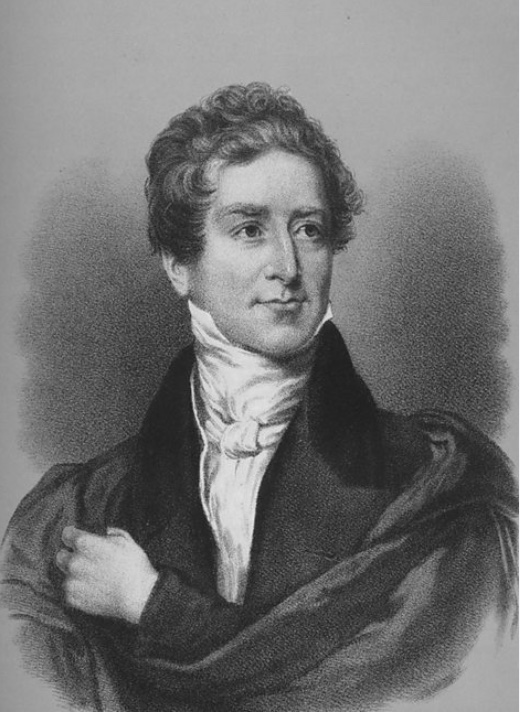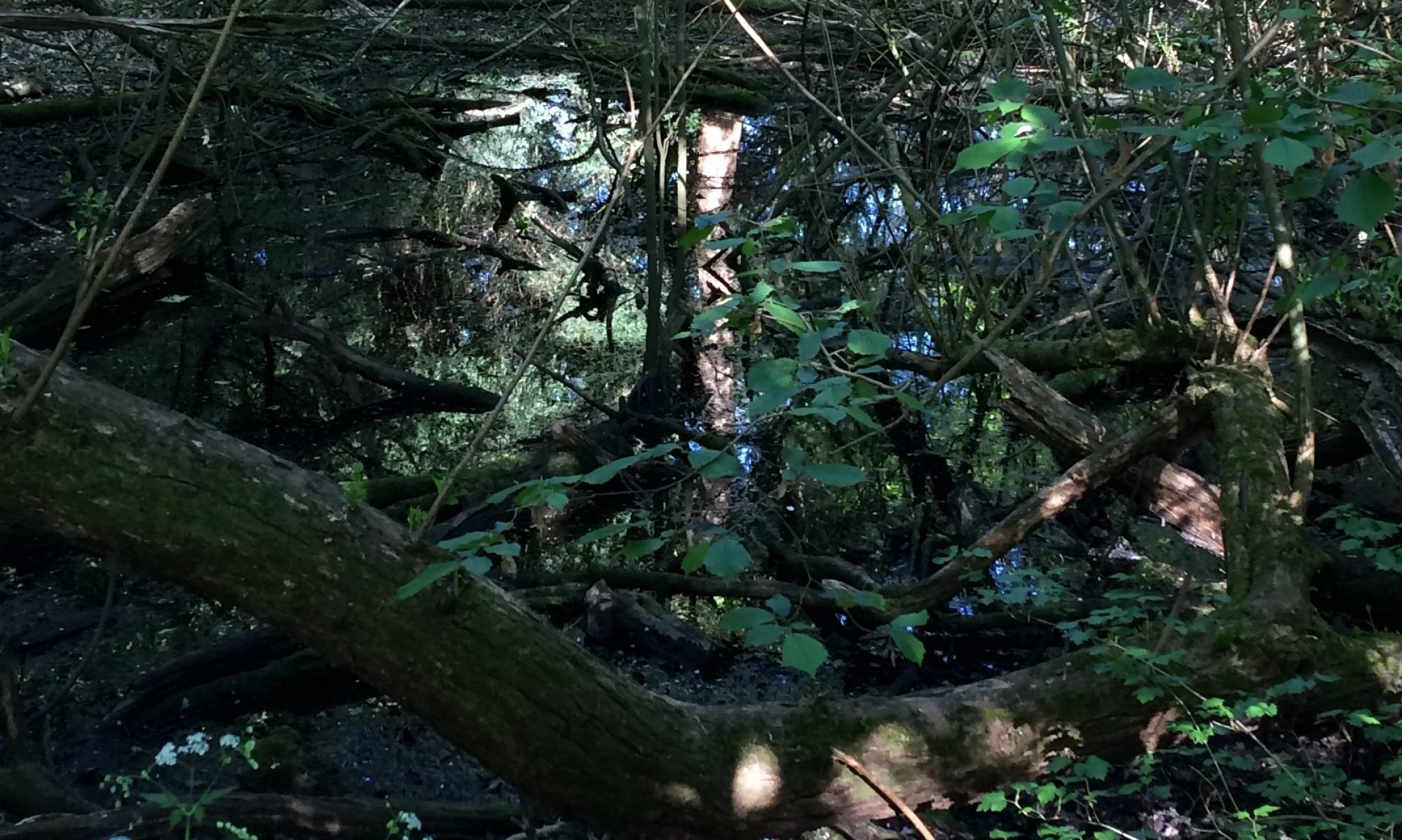CONTENT WARNING: This article contains a reference to suicide.

For someone like me – who has more than a passing interest (obsession) in my family history – 2023 was a bit of a jaw dropper (best not to ask too much about 2024). Not only did I find out why my 2x great-grandfather Richard Jarrett suddenly disappeared from his family’s lives (creating great hardship as he did so), but I also found out how – and why – my 3x great-grandfather, Samuel Flack, got to be the beneficiary of some groundbreaking ‘Great British Lawmaking’, as a direct result of his own ‘not-so-Great British Law Breaking’.
So, sadder stories first, I’m afraid. I couldn’t help but notice, in my research, the vagina-wincingly high number of children born to Victorian families. How could they possibly afford to feed, house and clothe that many children? I guess-timated (by checking the census reports from the 1860s to the 1880s) that Richard Jarrett and his wife, poor Mary-Ann, were the parents of approximately ten children. Obviously, with some of them ominously being given middle names such as Calvary (the Latin translation is Place of the Skull) some of them did not make it beyond their early years.
So, supposing that Richard Jarrett had simply died of over-work in 1885 at the age of 48, I had originally concluded my family history project by focusing on Richard’s profession, which was listed as ‘Carman’ (meaning taxi driver, hansom cab driver). I found an amusing cartoon of a hansom cab driver and posted this onto the cover of the Jarrett family history. Cab driving was very much a family business and one of Richard’s brothers and one of his sons carried on with this trade. I often regale my husband, who is a great Sherlock Holmes fan, with observations such as ‘That might have been Richard Jarrett driving the cab in The Adventure of the Norwood Builder, after all he was born in Streatham, and his business address was in Croydon, Norwood was right in his patch’.
I thought no more about Richard Jarrett’s sudden disappearance from the family tree, until last year, when encouraged by a small windfall (ironically, from my mother’s death), I decided to treat myself to ancestry.com membership for a year. Unfortunately, the joy of having access to so many more names and records was much diminished when I finally found out how (and possibly why) Richard disappeared.
As I perhaps knew all along, having many children during the Victorian era did not necessarily equate to happy times. Whereas I had felt immense sympathy when imagining Mary-Ann giving birth to ten children, I had not imagined the solution that Richard decided on was the best for the family. He chose to do the unthinkable and committed suicide (the British way?) by hanging himself. When I first read the newspaper article above, my jaw hung open as if I were a fish gasping for air on dry land. I mean, it happened over 150 years ago, why should that matter now? I took a day or two before I related the fact to my sisters. I haven’t told my extended family at the time of writing; I don’t think they would necessarily want to know. This is always one of the central contradictions with family history research; we know people died, but how can we deal with an event like this?
The newspaper clipping is so small, and I doubt I will ever find out a fuller explanation, but depression (state of despondency) is/was, and has always been, part of the human condition and at least that is acknowledged. Even so, during Victorian times suicide would have had even more negative/shameful connotations than it does now and that is probably why my 2x great-grandma, Mary-Ann, moved to Aldershot so soon after. That is also why at 17 my great-grandad, Albert Lewis Jarrett, was already working as a Page (possibly in a hotel). He stayed in this line of work for his whole life, eventually concluding his career by working as a Major-Domo in Croydon.
I never met Albert Lewis Jarrett, but from all accounts, although he was a bit of a rough diamond, he was exceptionally kind and loving to his three girls. Albert’s wife, Mary, died when her three girls were in their teenage years/early twenties. Rather than rely on them to look after him, he took the rather unusual step of taking the two youngest girls – my grandma Annie and my great-aunt Elsie – to Australia. The eldest girl (Violet) had just got married, so was able to stand on her own two feet. The trip to Australia turned out to be temporary and neither of the girls settled there, but at least Albert did not live by the school of hard knocks ie. I had a hard start in life, so should you! He gave his children the chance of a better life, but fortunately for the family line, neither of them chose to take it.
But now the second, but even more jaw-dropping, family history moment of 2023. My 3x great-grandad, Samuel Flack, lived in the flatlands of Cambridgeshire and came from a long line of Agricultural Labourers, or Ag. Labs. in family history parlance. He is listed in censuses and other documentation as a Stone Cutter or Lime Burner. I have never shown much interest in the Flack family line before; I was much more interested in the family into which they married, the Horseys, because it is a much easier name to research (you would’ve thought). I was also waylaid by the fact that my great-grandma’s sister, Selina Flack, married a man called Thomas Basham. That name was family history gold, as far as I was concerned, but how wrong could I possibly be…?
With my ancestry membership renewed, I was quickly tripping along the lanes of rural Cambridgeshire (metaphorically speaking, of course) bumping into many previous generations of mud spattered Ag. Labs. So, with the salutary lesson of Richard Jarrett tucked firmly into my back pocket, I began to take far more interest in events other than just the births, marriages and deaths. And eventually I found I had tiptoed, muddy-footed, from the rural lanes of southern England into the nasty, grimy, criminal record corridors of ancestry.com. Whoa! Do not go in there! There’s some nasty stuff in there, things my mother-in-law certainly did not like when I found them out for her as part of an ‘un-asked for’ Christmas present. I couldn’t help it if her grandad and great-uncle were sentenced for 18 months for larceny. It’s not as though they were sentenced to hang. You heard me, sentenced to hang!
Oh the shame of it! Yes, Samuel Flack, my 3x grandad was (in 1826) sentenced to hang for stealing a grey mare. ‘But, how come you are still here?’ I hear you ask. Well, step forward Mr Robert Peel who in April 1826, only three months after grandad’s sentencing, removed the sentence of death from grandad and his co-defendants Edward Bereham (housebreaking) and William Dilley (housebreaking). In fact, during his time as Home secretary, Peel removed 100 crimes from the statutory books which had previously been punishable by death. Crimes which had previously been punishable by hanging were downgraded to lesser ones i.e. Samuel Flack and Edward Bereham got two years Hard Labour in the House of Correction (local gaol). William Dilley (presumably a minor) got one year.
Good old grandad, surely this was the chance for him to change his ways, having been given a second chance at life? Well, yes, but, then again, no! Having been a Stonecutter before sentencing, he spent his years inside being a Limeburner; a filthy and hazardous trade, which was actually a lot like being in Hell anyway. He was sentenced in 1826, yet in 1851 he was still imprisoned. Whether or not he managed some time outside gaol in the meantime, I don’t know. I’m guessing he may have been a repeat offender?
I would do anything if I could turn back time and save my 2x great-grandad Richard Jarrett from harming himself in such an abominable way. But then, of course, I might have made that subtle change in events that would go on to prevent his son, Albert, meeting Mary-Ann, and then of course there would be no grandma Annie Jarrett and definitely no Lizzie Jarrett.
And, as for 3x great-grandad, Samuel Flack, you old horse thief. I’m so glad you didn’t hang, but I’m also pretty sure you were not a cuddly old grandad to my poor great grandma, Catherine. Maybe you were just slightly ahead of your time? For only four years later (in the 1830s) Cambridgeshire along with Norfolk, Suffolk, Essex, Kent, Sussex, Hampshire, and many of the other southern and eastern counties, all became hotbeds for the Captain Swing riots.
Samuel Flack’s family were all dirt-poor agricultural labourers. With the reduction in prices for agricultural produce, and thus a reduction in wages, (due to the introduction of threshing machines and also an increase of cheaper imported labour from Ireland) many men in the South and East of the country took part in the Captain Swing riots. Typical acts would include sending an anonymous letter threatening arson or destruction of machinery, etc, if certain demands were not met. These letters were signed by the eponymous Captain Swing. Inevitably, their demands were never met, so arson and sabotage – and I’m sure some horse stealing – took place. Of those tried for taking part in these riots, 19 were hung, 505 were transported and 644 were imprisoned. So, grandad Flack, I’m going to give you the benefit of the doubt. Because of your existence, and perhaps a little because of your actions, I will never have to work as an Agricultural Labourer and I definitely would not last a day as a Limeburner.
Resources used and websites visited.
https://www.gov.uk/government/history/past-prime-ministers/robert-peel-2nd-baronet
https://www.nationalarchives.gov.uk/education/resources/what-caused-the-swing-riots-in-the-1830s/#:~:text=Prompted by a decline in,but some took place elsewhere.
